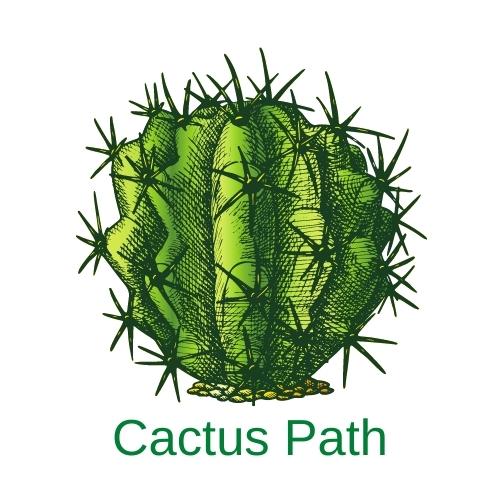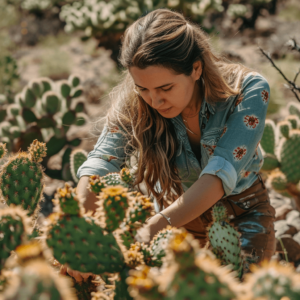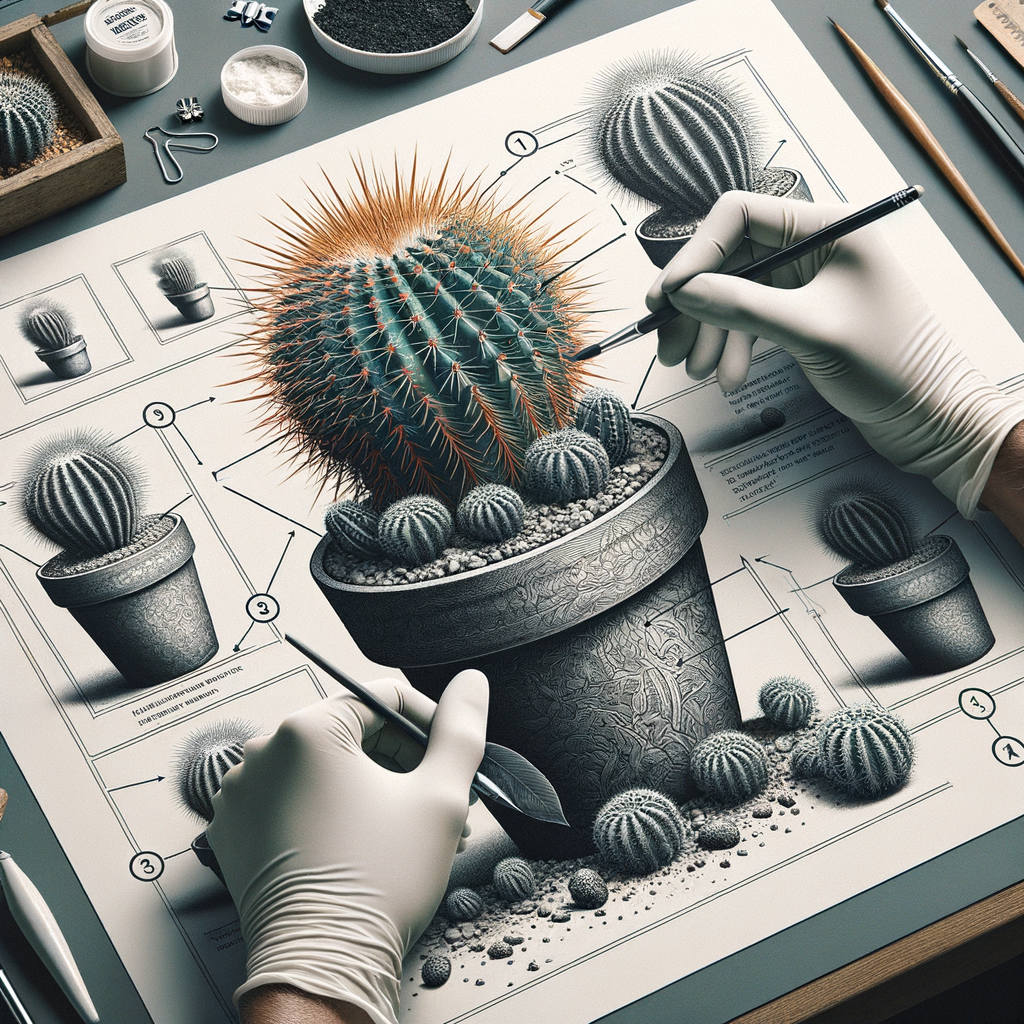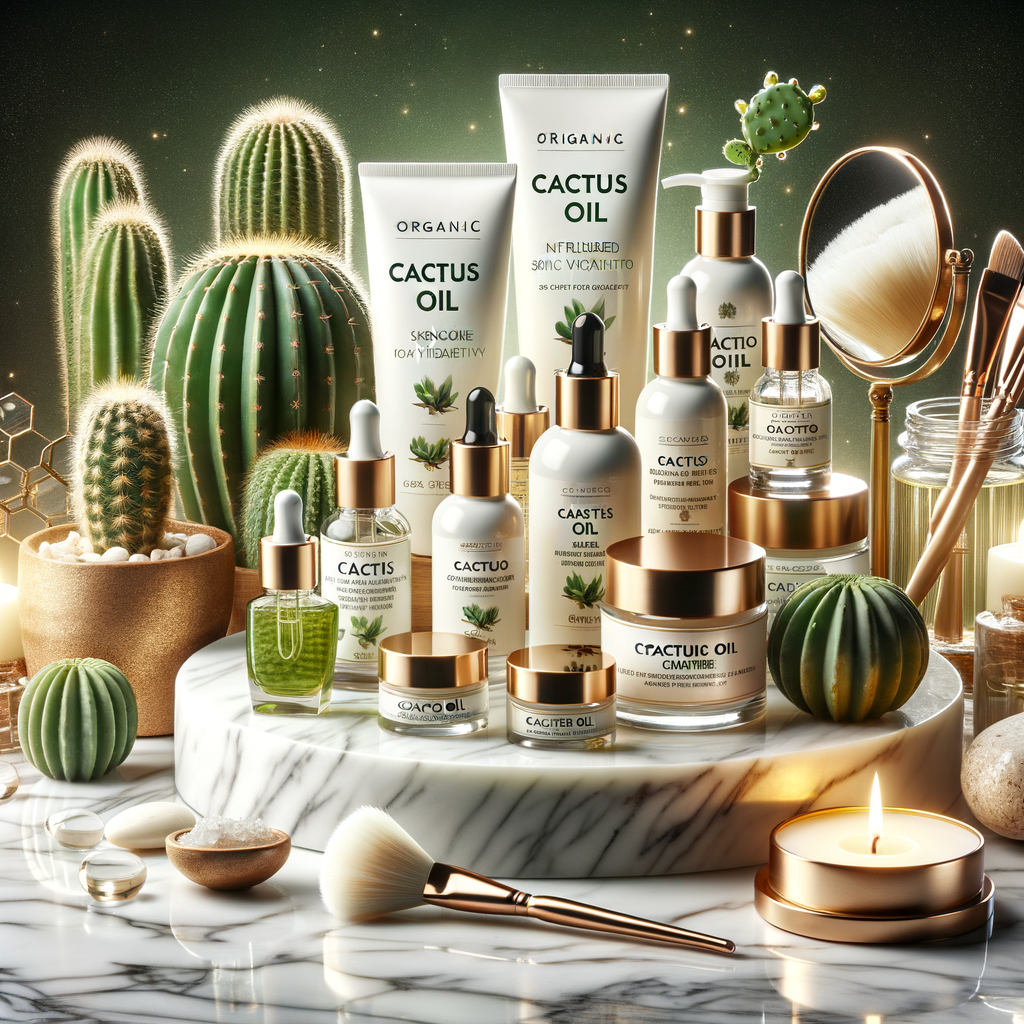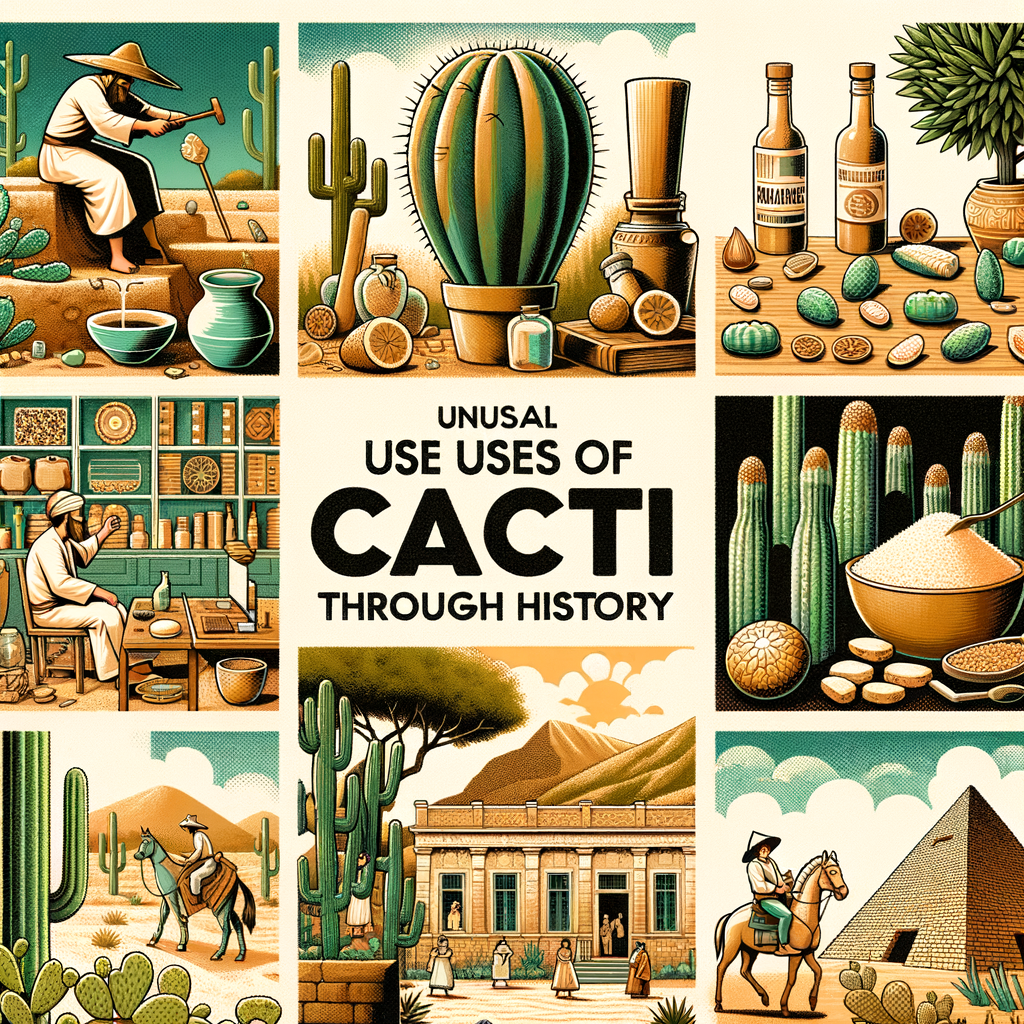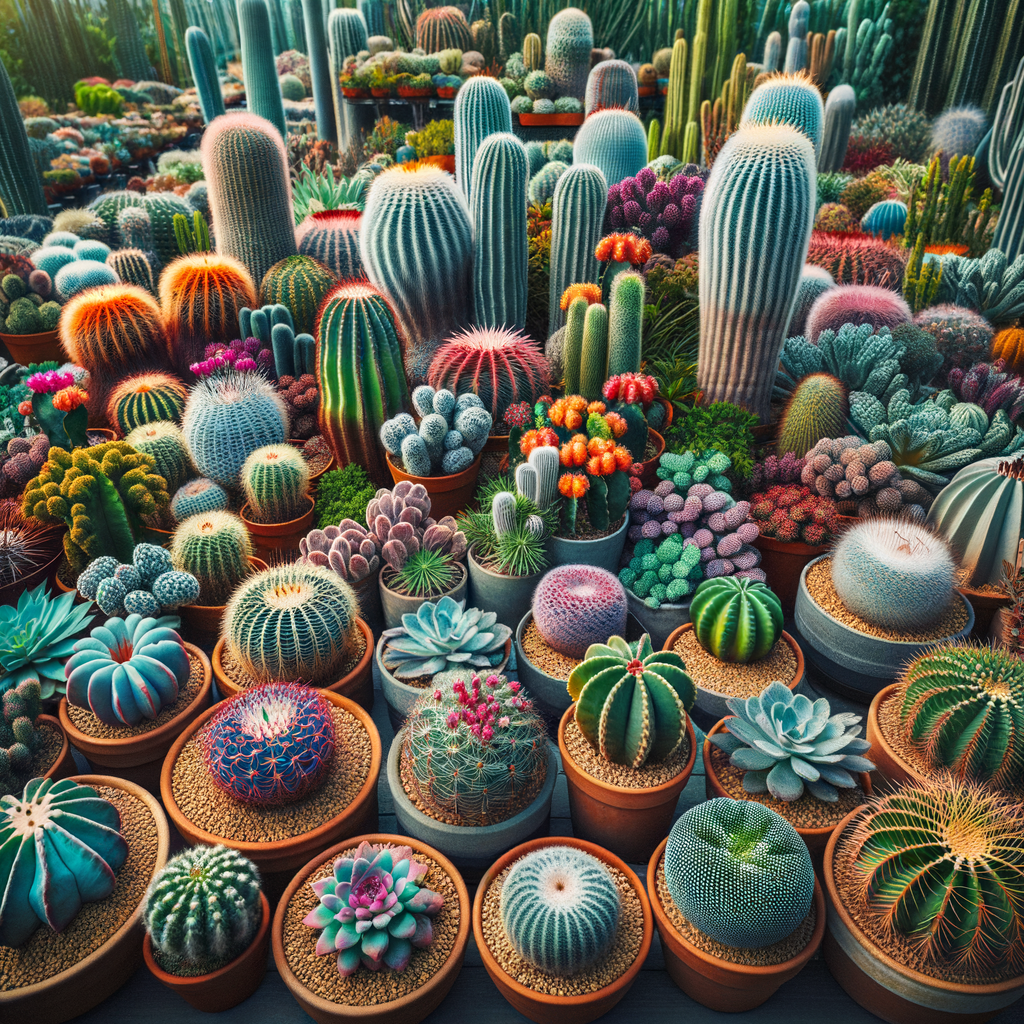If you’ve ever wondered if cactus plants are toxic to cats you’re not alone. Many cat owners wonder why their feline friends are attacking plants in their home. In this article you’ll learn the truth about these plants and what you should do if your cat decides to chew them up. If you have a curious feline read on to learn more about your pet’s favorite pastime.
Is it safe to grow any succulents if I have cats?
There’s a possibility that cats could get into your succulent plants. Some cats don’t care about plants at all and may actually munch on them compulsively. The reasons cats eat plants may be due to boredom hunger curiosity or upset stomach. While it’s not advisable to keep toxic plants out of your cat’s reach safe plants should be stored away from your cat’s reach.
If you’re unsure whether a particular succulent plant is safe for your feline friend don’t worry. Most succulents aren’t toxic to cats but a few species can be toxic to your feline friend. Luckily most aren’t toxic to cats but if your feline friend were to accidentally ingest a succulent it would likely be fatal. For your own peace of mind make sure you follow these tips to keep your succulents safe and happy.
How will my cats respond to succulents?
Unless your cat is a feline loon you can safely plant succulents. However you need to be very careful with your cats since they love to chew on things. To deter them from chewing succulents place citrus cayenne pepper or vinegar around the plant. You can also use double-sided sticky tape or an aluminum foil to cover the pot. If your feline friend is not a fan of plants try spiky plastic mats or a spherical plastic mat to cover it.
You can avoid the risk of your cats eating succulents by keeping them out of reach. It is advisable to place them at a high level so that they cannot reach them. Besides keep in mind that some succulents are poisonous so keep them out of their reach. Also if your feline friend is curious place it where it can’t reach. Cats have the tendency to jump high so you may have to rearrange your house to keep it safe.
Will my cats really eat succulents?
Most succulents are toxic to cats but there are a few species that are safe to feed to your cat. Aloe vera for example has been used for centuries as a treatment for sunburn. Its extract is also widely used in supplements flavored water and cosmetics. However it can cause serious gastrointestinal distress in cats so it’s best to keep your succulents away from your cat’s favorite places. Unlike most succulent species aloe plants are distinguished by their spiked tendrils and their white spotted foliage. They may also flower from time to time.
String of pearls are popular with cats. This succulent grows to three feet in length and is known for its dangling properties. Its cinnamon scent makes it irresistible to cats. However they can ingest this plant and cause diarrhea lethargy and vomiting. If your cat eats the String of Pearls consult with your veterinarian right away to make sure your cat won’t become ill.
Which succulent plants are toxic to cats?
Many people may not know that some types of succulents are toxic to cats. If your cat is prone to eating plants you should know which ones are safe to keep around your home. If you have an unknown succulent you should immediately check it for toxicity and contact your veterinarian immediately. You can also familiarize yourself with the common types of succulents that can be poisonous to cats by looking at them at home. In many cases a poisonous succulent is not easily identifiable by a veterinarian.
One common indoor succulent that is toxic to cats is the snake plant. This plant has long yellow and green leaves and is often seen in homes. Cats can be attracted to its unique chandelier-like blooms but the sap is extremely toxic. Your cat may experience diarrhea and vomiting. It may also exhibit other unpleasant symptoms such as unusual heart rhythms. If your cat has already eaten a snake plant it is best to keep it out of reach.
